Bare branches and bushes afford a long view downstream. As usual, it takes a while for the senses to become attuned to sounds, sights and smells of the water, sky, land, animals and people.
The key to awakening the senses to the fullest is to not choose or label what one hears and sees, but simply listen and watch passively. There’s a natural delight in simply being in nature, and passive awareness opens the door to beauty in the present.
Of course if one lives where winters are cold or wet, one may have to take walking meditations. Without developing a relationship to nature however, we can have no true relationship to anyone or anything.
The musical sounds of children’s voices reverberate up the path well before they reach me at the picnic table. An older father is leading a girl of about five, and he acknowledges my nod and smile.

He stops and points out a sparrow on the ground. The girl slowly stalks it toward me. The bird doesn’t fly away, but keeps moving the same distance ahead of her.
After a young mother with a toddler arrives, I say something to them, but they ignore me. Sadly, it’s another self-enclosed family, believing they can create their own separate reality with their children.
Consciousness as we know it is cumulative. Hurts, grudges, grievances and resentments often last lifetimes, even generations. That’s why there is so much darkness in the world now.
To spiritually survive and grow, we need to make three essential distinctions, and teach children to make them as early as possible.
The first is between life and the world. Life is good; the world as it has come to be is hell.
Humans make the world, but we do not create life—though scientists are hubristically attempting to do so, and many believe they will.
It will still not be life however, but a bastardization of thought. Thought is a very powerful adaptation, the most powerful nature has evolved. It appears to be a mistake, but more is happening here than we realize.
‘Civilized’ humans, caught in thought, have idolized it, in recent years through venerating science and technology. Most indigenous people did not make that mistake, but venerated life.
Idolizing thought has resulted in the fragmentation and erosion of the ground of life, of the ecosystems that give rise to all life, including humankind.
The second distinction is between knowledge and understanding. Knowledge is of two kinds—scientific and useful, and useless and destructive. The latter is the known, the degenerating dimension of humans that is shrinking outer and inner space on Earth. So fools dream of space travel.
Most experience is useless and stultifying, and much of it is destructive. It has no value where relationship with the earth and others are concerned.
Tradition, belief and experience comprise the known, the psychological and emotional content accumulated over a lifetime, and many lifetimes.
Methodless meditation allows one to spontaneously leave the dark current of the known. That happens nearly every time one takes an hour in nature to passively observe oneself in the mirror of nature without the division of the observer and the observed.

One returns to the psychological known however, the increasingly difficult world of memory and experience, sameness and suffering. Why is that so? People who haven’t gone nearly as far on their journeys of liberation offer facile reasons, but it remains an urgently pressing mystery to my mind.
The third area of distinction without duality is between self-knowledge and self-knowing. Self-knowledge, which many people pride themselves on having, is inherently of the past, and accumulative.
Very few are self-knowing however. If I think I’m wise, life soon shows me I’m foolish. If I think I’ve attained understanding of the human condition, I find I’m self-concerned like everyone else. It is deeply humbling to begin and end with the feeling, ‘I don’t know myself, or anything at all.’
In short, self-knowing is always of the present, and does not accumulate. Experience plays no part in it, since one necessarily starts from scratch every day.
No one over the age of 14 inwardly survives, much less thrives in this dead culture and hellish world without being self-knowing every day, and learning and diligently practicing the art of negation in meditation.
That requires being able to persistently make the distinction between life and the world, knowledge and understanding, and self-knowledge and self-knowing.
Martin LeFevre
No comments:
Post a Comment